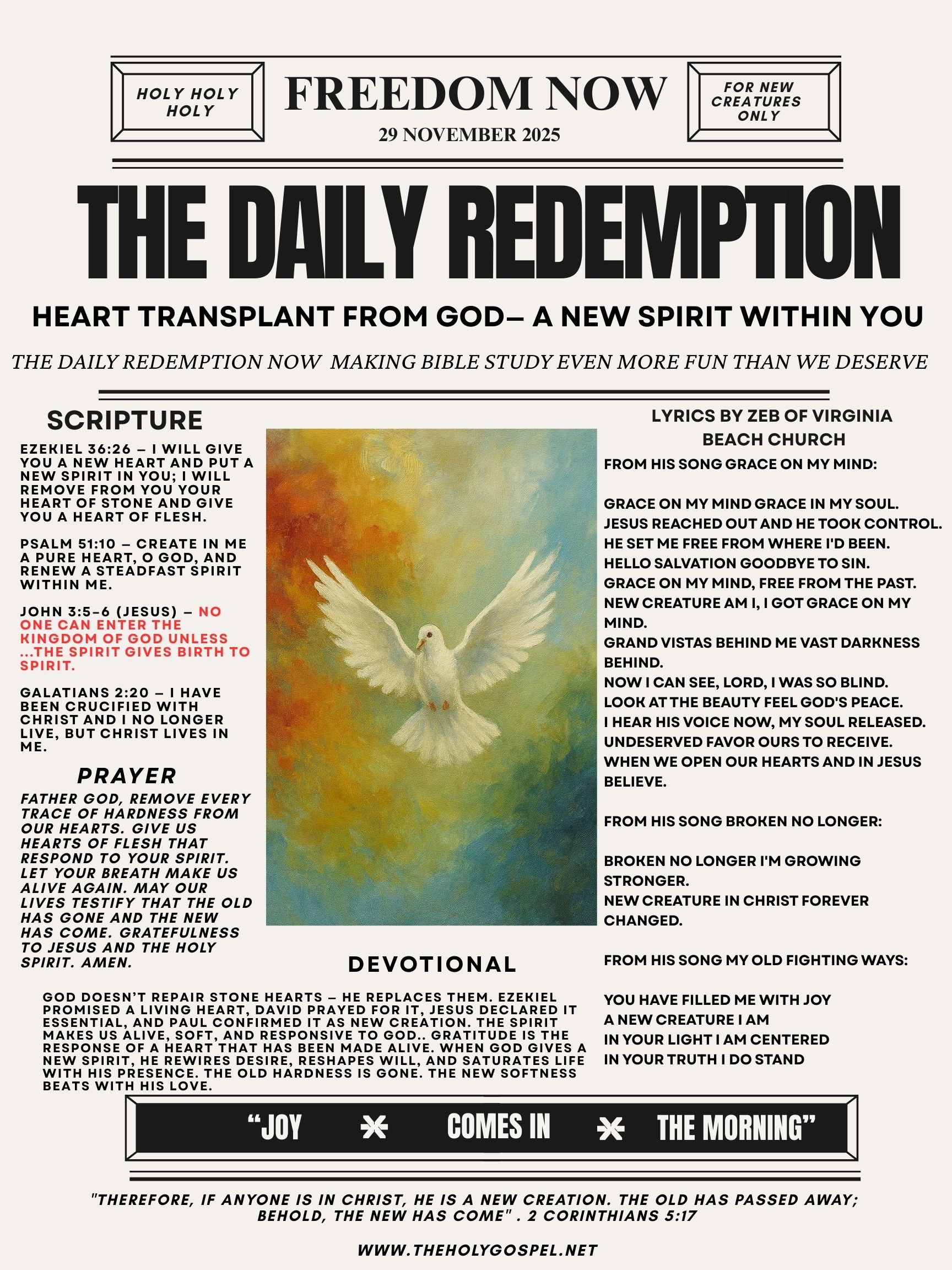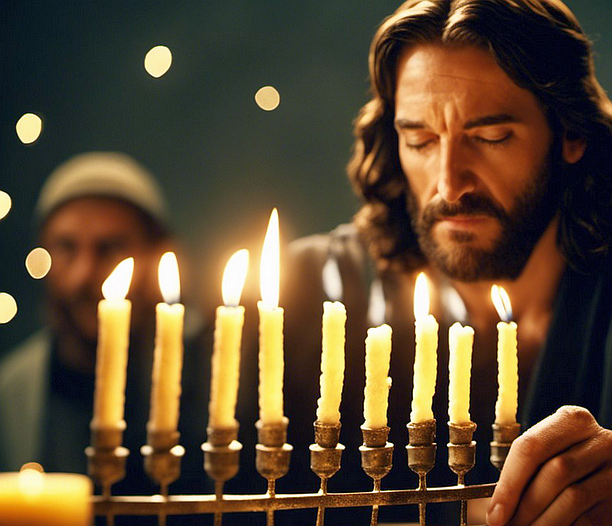Many Christians are familiar with the stories of Jesus and Moses. But what many don’t realize is that there are striking parallels between the two. In this blog post, we will explore those parallels and what they might mean for our understanding of Jesus and his story. We will also consider what implications these parallels might have for our faith.
The Birth of Moses and Jesus
The stories of the births of Jesus and Moses share many similarities. Both were born under unusual circumstances – Jesus was born in a stable, while Moses was born and then immediately after was in a basket floating down the river. Both had their lives threatened by a ruler – Herod in the case of Jesus, and Pharaoh in the case of Moses.
And both went on to become great leaders. Jesus, of course, is the central figure of Christianity, while Moses led the Hebrew people out of slavery in Egypt and into the Promised Land.
So what can we learn from these parallels between two of the most significant figures in history? Perhaps that there is no such thing as an ordinary life. No matter where we start out, we have the potential to achieve great things.
The Childhoods of Moses and Jesus
The Bible tells us that Moses was born during a time when the Pharaoh had ordered all male Hebrew babies to be killed. His mother hid him for three months before she placed him in a basket and set him afloat on the Nile River. He was found and adopted by the daughter of Pharaoh, who raised him as an Egyptian prince.
Jesus, on the other hand, was born in humble circumstances. His parents were poor, and he was born in a stable. However, his birth was foretold by angels and heralded by a star, showing that he was no ordinary child.
Both Moses and Jesus spent their early years in Egypt. For Moses, this was his home country; for Jesus, it was a place of refuge from King Herod’s persecution. In both cases, they were called back to their homeland – Moses to lead the Israelites out of slavery, and Jesus to begin his public ministry.
While there are many similarities between the two men, there are also some key differences. Moses grew up in a palace while Jesus grew up in poverty. Moses led his people out of physical slavery while Jesus came to set us free from spiritual slavery. But most importantly, Moses was a human being while Jesus is God incarnate.
The Callings of Moses and Jesus
The story of Moses is one of the most well-known stories in the Bible. He was called by God to lead the Israelites out of slavery in Egypt. This event is paralleled in the story of Jesus, who was also called by God to lead his people. Both Moses and Jesus were reluctant to accept their callings, but ultimately did so out of obedience to God.
Moses and Jesus both faced opposition from those who did not believe in their message. Pharaoh opposed Moses and tried to keep the Israelites enslaved. The Pharisees opposed Jesus and tried to prevent him from spreading his message. However, both Moses and Jesus persevered in their mission, despite the opposition they faced.
Both Moses and Jesus performed miracles that showed the power of God. Moses parted the Red Sea so that the Israelites could escape from Egypt, and he also struck down the Egyptian army with his staff. Jesus healed the sick, cast out demons, and raised Lazarus from the dead. These miracles demonstrated that Jesus had authority from God to teach and heal people.
The stories of Moses and Jesus both end with death threats against them. Pharaoh ordered that all male Hebrew babies be killed after Moses was born, but Moses was saved by being placed in a basket and floated down the Nile River. The Pharisees threatened to kill Jesus after he raised Lazarus from the dead, but he escaped from their grasp. Although both men faced death, they ultimately triumphed over their enemies.
The Miracles of Moses and Jesus
Moses and Jesus both performed amazing miracles that served as proof of their divinity. Moses parted the Red Sea so the Israelites could escape from the Egyptians, and he also struck water from a rock to provide them with drink. Jesus turned water into wine, healed lepers, and raised Lazarus from the dead. Both men’s miracles were also used to punish their enemies – Moses destroyed the Egyptian army by drowning them in the Red Sea, and Jesus cast out demons and performed other exorcisms.
The Crucifixions of Moses and Jesus
The crucifixions of Moses and Jesus are two of the most important events in religious history. Both men were betrayed by their own people, and both died for the sins of humanity.
Moses was a great leader who led the Israelites out of slavery in Egypt. He was a prophet who foretold the coming of the Messiah, and he gave the Ten Commandments to his people. But despite all his good works, Moses was betrayed by his people when they worshipped a golden calf. He was forced to watch as they worshipped false idols, and he was so enraged that he broke the tablets containing the Ten Commandments.
As punishment for his people’s sins, God told Moses that he would not be allowed to enter the Promised Land. Instead, he would die in the wilderness. And so, Moses led his people for 40 years in the desert before he finally died at the age of 120.
Jesus, like Moses, was the greatest of leaders and teachers. He preached love and forgiveness, and performed miracles such as healing the sick and raising the dead. But despite all his good works, Jesus was betrayed by one of his own disciples, Judas Iscariot. Judas handed Jesus over to the authorities to be tried and crucified.
Like Moses, Jesus died for the sins of humanity. But unlike Moses, who died in exile from his people, Jesus died willingly for our sake. His death on the cross redeemed us from our sins.
Conclusion
There are many parallels between the stories of Jesus and Moses. Both were great leaders who brought their people out of slavery. Both had miraculous birth stories, and both performed amazing miracles. Perhaps the most significant similarity is that both were sacrificed for the sake of their people; Jesus died on the cross to save us from our sins, and Moses led the Israelites through the parted Red Sea so they could escape from Pharaoh’s army but was kept out of the promised land by God’s decree. These stories show us that God is always with us, even in our darkest hour. He will never abandon us or leave us alone.



